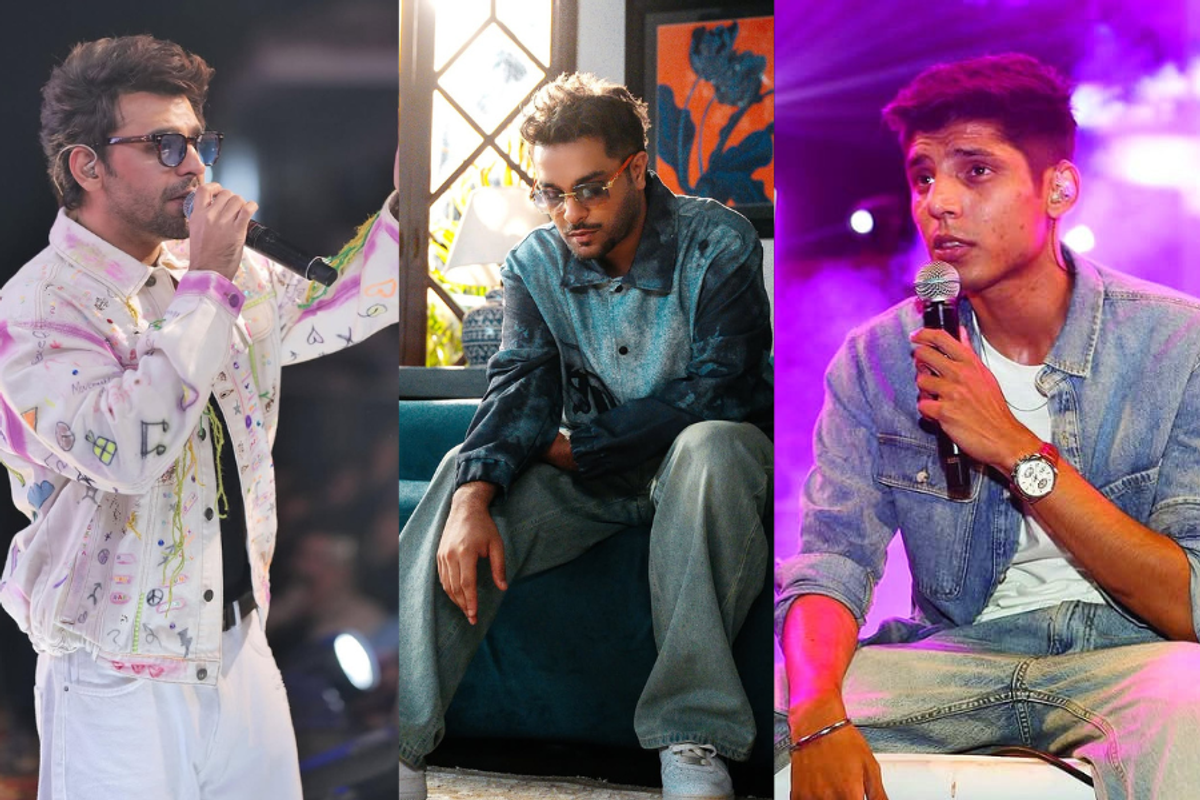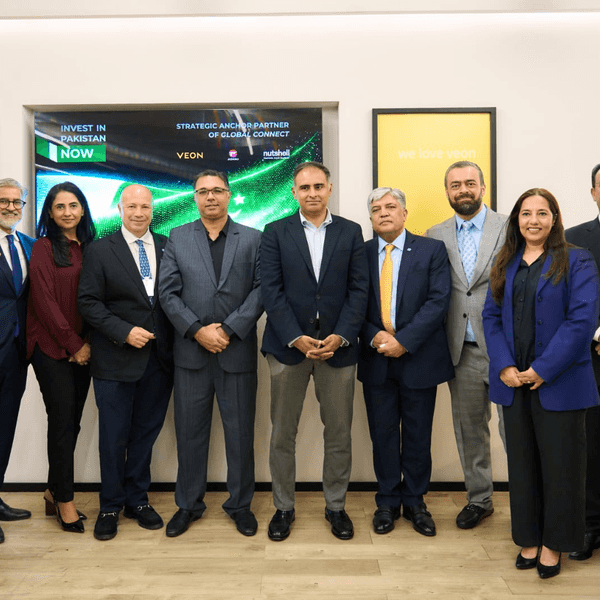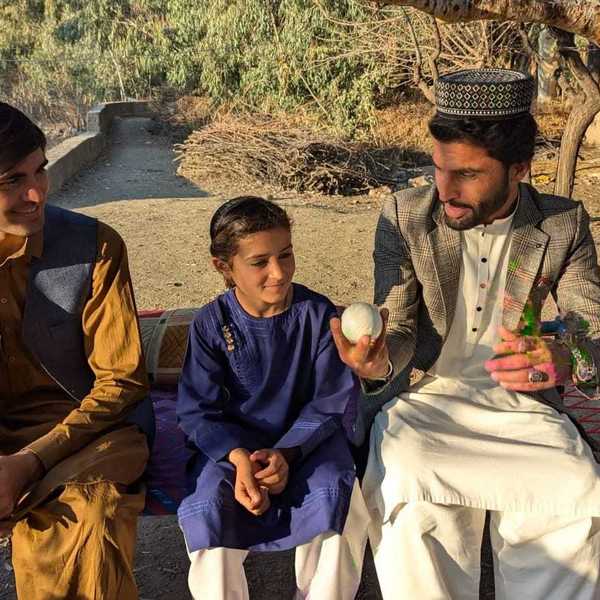From Singles to Albums: Why Pakistan’s Music Scene Is Returning to Full-Length Records
How Asim Azhar, Farhan Saeed, HAVI and a new wave of artists are quietly reviving album culture in 2025

Sibte Hassan
Correspondent, Karachi Pakistan
Syed Sibte Hassan Rizvi is a seasoned multimedia journalist with over 12 years of experience. He has worked as a news correspondent, covering various beats for Pakistan's leading news channels.

Singles to Albums
Instagram Accounts
Pakistani artists are shifting from singles to full-length albums for deeper storytelling.
Asim Azhar and Farhan Saeed’s latest projects mark a major revival of album culture.
Improved digital infrastructure is empowering musicians to create cohesive, long-form music again.
For years, Pakistan’s music scene revolved around singles, quick, catchy releases tailored for YouTube, TikTok trends, and the fast paced churn of digital content. Albums, once a cultural staple in the 90s and early 2000s, faded into the background as artists sought immediacy over immersion. But in 2025, the tide seems to be turning. A noticeable shift is emerging, the album is making a comeback, and it is being led by some of the country’s biggest names.
One of the most defining moments of this revival came when Asim Azhar, now reborn as Asim Ali, wiped his social media clean, posted a cryptic “Khuda Hafiz,” and returned with a new identity. On November 24, 2025, he released a ten track album titled Asim Ali, a deeply personal and self reflective project that marks a departure from the formulaic singles that defined his earlier career. The album features tracks like Na Ja, Lost n Found, Sugar Rush, Jind Mahi, and Strangers featuring Talha Anjum, each offering a different shade of his emotional and artistic evolution.
The project feels like an unfiltered diary, a sonic biography of sorts, exploring transformation, heartbreak, healing, and creative rebirth. At a time when the industry often rewards virality over vulnerability, Asim’s decision to release a full length album feels like an act of artistic courage. It signals a desire to craft a complete narrative, not just a standalone moment.
Meanwhile, Farhan Saeed, long celebrated as one of Pakistan’s most beloved pop rock voices, has also stepped into the album territory for the first time with Khat. Despite being in the industry for more than two decades, this is his debut solo album, a project he describes as a letter from my heart to yours. Khat blends nostalgia with modern pop sensibilities, moving between Urdu and Punjabi, creating an emotional landscape rooted in love, longing, and introspection.
In a conversation with Nukta, Farhan openly acknowledged how Pakistan’s delayed digital transition shaped the industry. Because of YouTube’s late penetration in Pakistan, labels assumed we would not bring them the same viewership, he said. Royalties and that entire era came late to us. But I am glad Pakistan is no longer behind in music. His words reflect a wider truth, with better digital infrastructure and a more global audience, Pakistani artists finally have the ecosystem to create full bodies of work rather than relying solely on one off singles.
Adding further energy to this movement is Havi, another rising and increasingly influential voice who is now working on his solo album. Known for his distinct melodies and an emotive vocal style that resonates strongly with younger listeners, Havi’s shift toward a full length project signals just how widespread this album resurgence has become. His decision reflects the growing desire among new age artists to package their identity, emotions, and artistic range into cohesive musical stories rather than isolated singles.
Taken together, these developments signal a quiet but meaningful cultural shift. Pakistani artists no longer seem content with fragmented musical identities. They are seeking depth, storytelling, and creative ownership, all qualities that flourish best in albums. Listeners, too, appear more open to immersive musical journeys, not just fleeting hooks.
As 2025 unfolds, it is becoming clear that album culture is not just returning, it is evolving. And this time, it is doing so on the artists’ own terms.







Comments
See what people are discussing